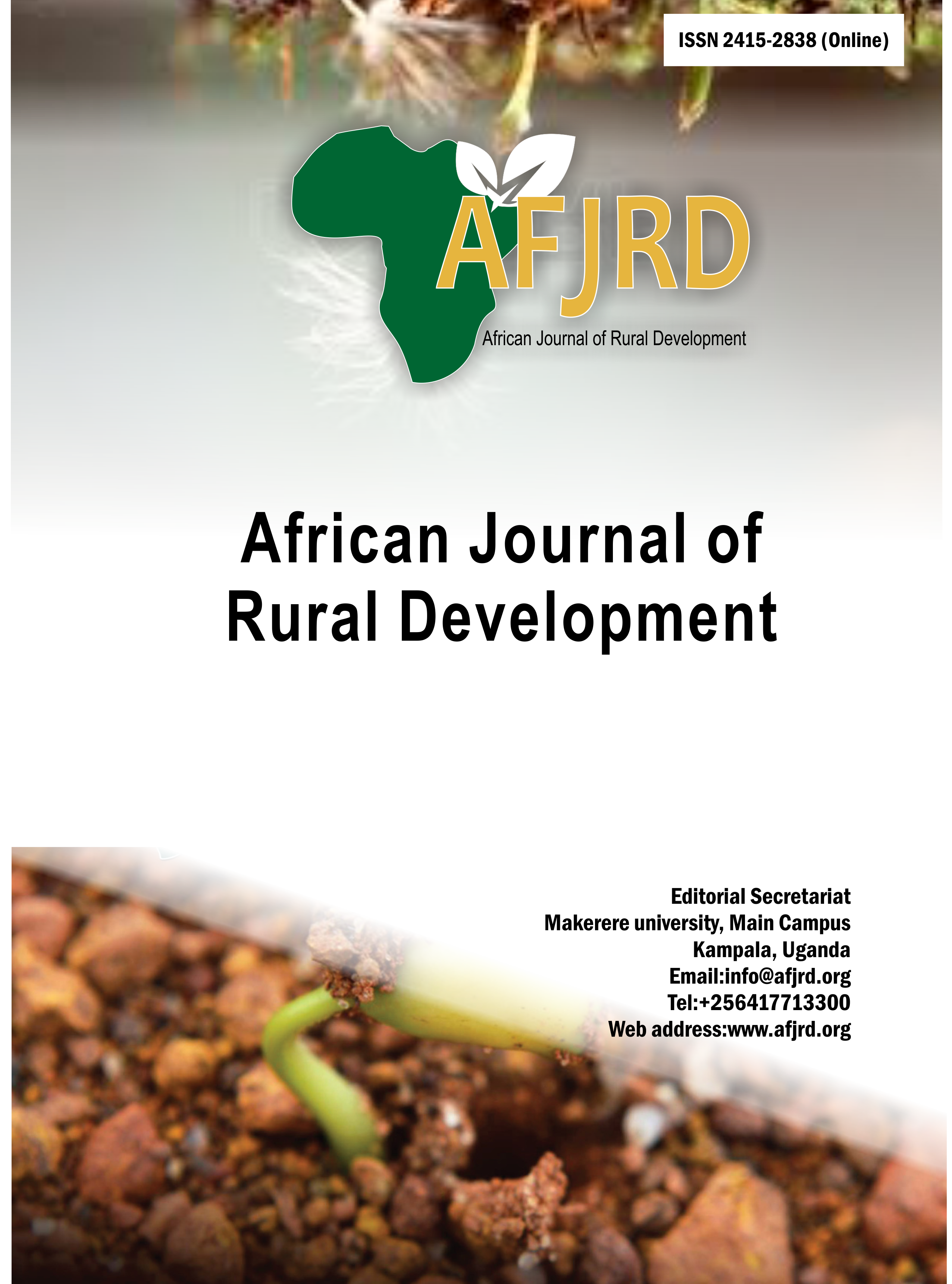Tuseme Model: A theory of Change for Empowering Girls and Building Inclusive Community-Engaged Schools for Rural Development in Sub-Saharan Africa
Main Article Content
Abstract
Globally, girls, particularly in Sub-Saharan Africa (SSA), face significant educational exclusion due to poverty, traditional practices, and gender norms, with 61% of SSA girls not completing secondary education. Vulnerable groups like refugees and internally displaced persons (IDP) face several barriers. Addressing these inequalities necessitates effective, context-specific pedagogical approaches that promote gender equality and inclusive learning environments. The 'Tuseme' model is a participatory intervention designed to empower learners to identify and address issues hindering their academic and social development, particularly those affecting girls' school participation. “Tuseme” in Kiswahili means ‘let us speak out’. This paper examines Tuseme's role as a Theory of Change for building inclusive, community-engaged schools for rural development. Funded by Global Partnership for Education Knowledge and Innovation Exchange (GPE KIX) and managed by International Development Research Collaboration (IDRC) in partnership with Forum for African Women Educationalists (FAWE), Higher Education Resource Services-East
Africa (HERS-EA), and Australian Council for Educational Research United Kingdom (ACER UK), this study applied a two-phase approach. Phase 1 sampled 12 mainstream schools (4 per country) in Ethiopia, Kenya, and Uganda to assess the model's existing effectiveness. In this phase, a total of 635 participants were engaged across the three countries, with 221 participants in Ethiopia, 178 in Uganda, and 236 in Kenya. Phase 2 of the study involved a scoping study in 12 schools (four in each country) located within refugee and IDP communities.
Key Words: Tuseme, Quality education, Diversity, Equity, Inclusion, Community, Empowerment, Rural development, Sustainable Development goals, Sub-Saharan Africa
Article Details

This work is licensed under a Creative Commons Attribution 4.0 International License.
